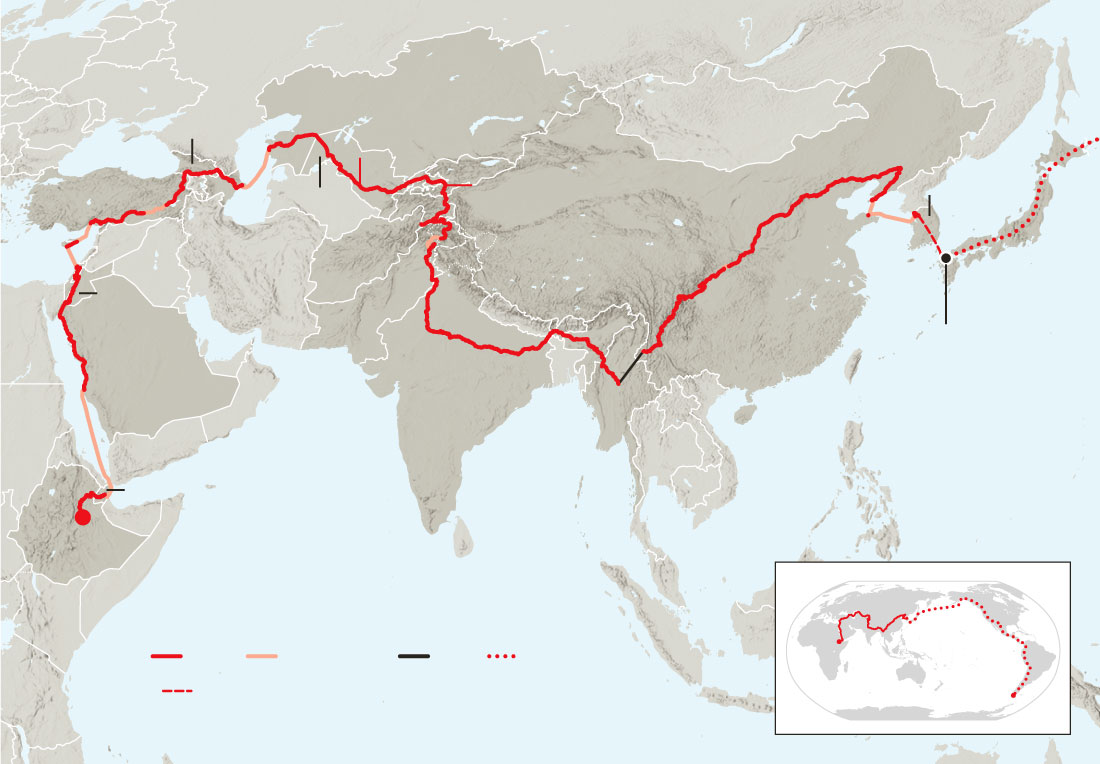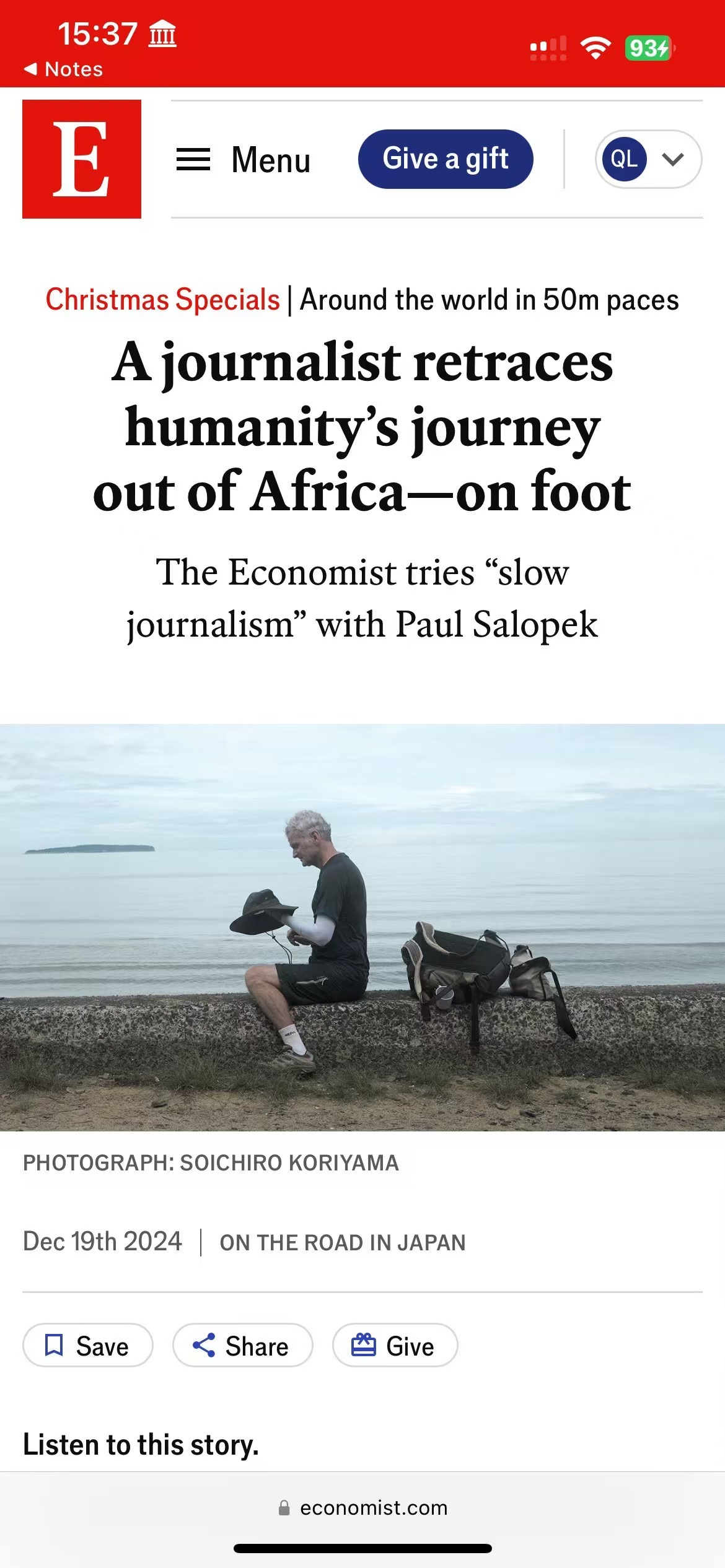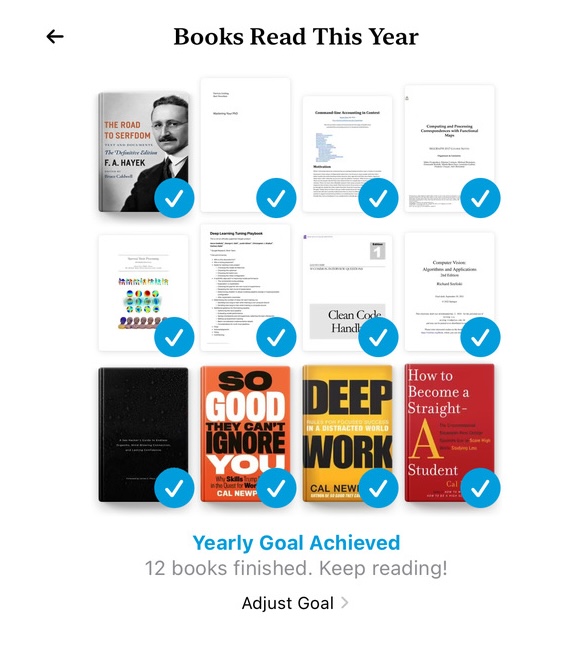Good reads of 2024
Finally achieved the goal of reading 12 books in 2024 🎯 Having finished these books, I don’t feel particularly different. Every day in life is still the same as always. But perhaps my perception of life has become sharper than before. If the length of life cannot easily be extended through personal effort, then perhaps maintaining sensitivity in perception is equivalent to broadening the width of life.
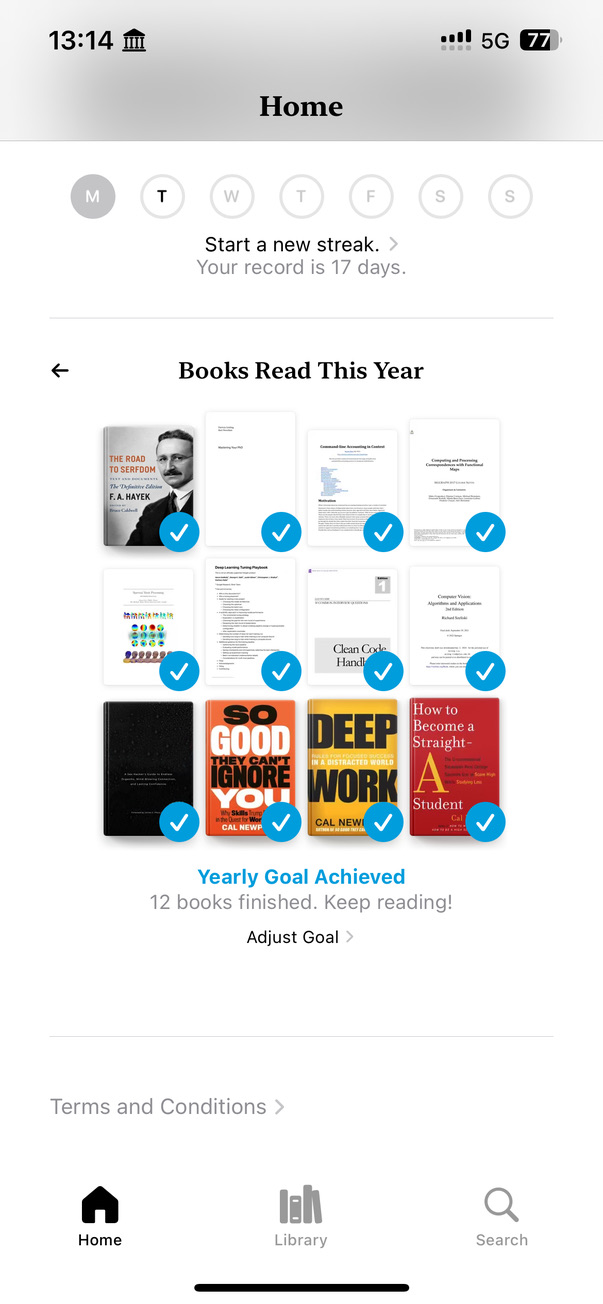
Following are my favorite books 📖, movies 🎬, podcasts 🎙️, and articles ✍️ of this year. I hope that in 2025, I can also strive to remain spiritually free.
Favorite Book of 2024 📖
Hayek's The Road to Serfdom was the most challenging book I read this year, so much so that I still haven’t finished organizing my notes—its sentences feel as if they are engraved on stone tablets, impossible to rewrite or condense, only to be quoted. Looking back, the book speaks of nothing more than common sense, but holding on to common sense is difficult in any era. Grand narratives are always more captivating, especially when common sense chooses to remain silent.
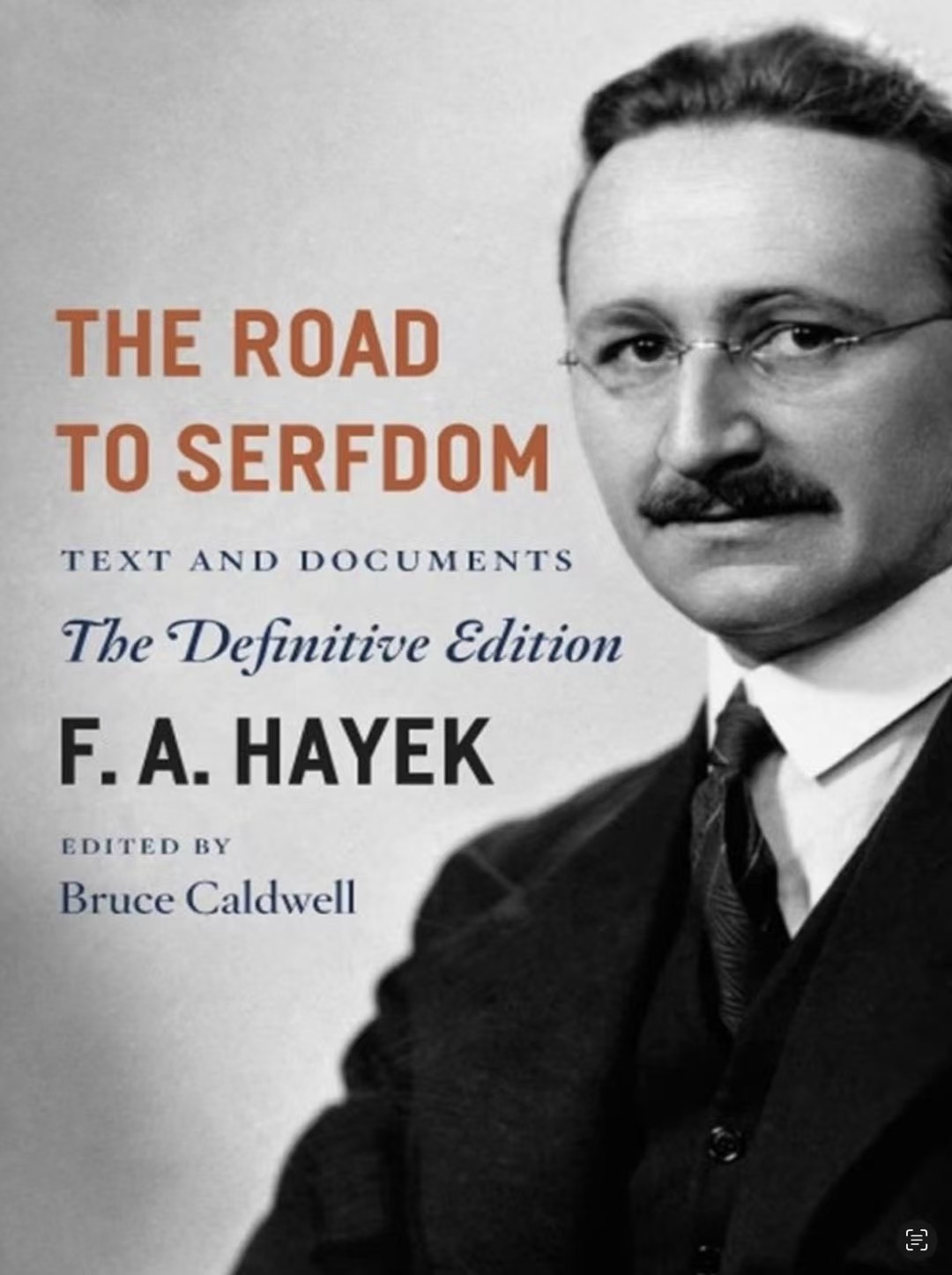
Favorite Movie of 2024 🎬
For me, Her Story is a story about seeing women and seeing oneself. Yes, it’s merely about "seeing." By the end of the story, the characters’ lives remain unchanged in any substantial way. But "seeing" is important—especially seeing oneself and recognizing the value of the individual. In Chinese society, we are accustomed to thinking of the spiritual world as merely an accessory to the material world, dismissing anything that doesn’t benefit material interests as false. But this perspective reduces humans to tools -- after all, the only difference between a person and a chair is the possession of a thinking organ. Many of the problems we face in the economic domain these past years are, to a large extent, extensions of a spiritual crisis.

Favorite Podcast of 2024 🎙️
Rather than calling Next Year in Moscow by The Economist a podcast, I think it’s more like a movie without visuals. It feels as if you are experiencing, through sound, the spiritual history of Russia from the October Revolution to the war in Ukraine. Journalists, politicians, scholars, artists, students, exiles, soldiers... Through their accounts, you can sense the presence of a giant hand from the past, still plucking the strings of this nation’s fate.
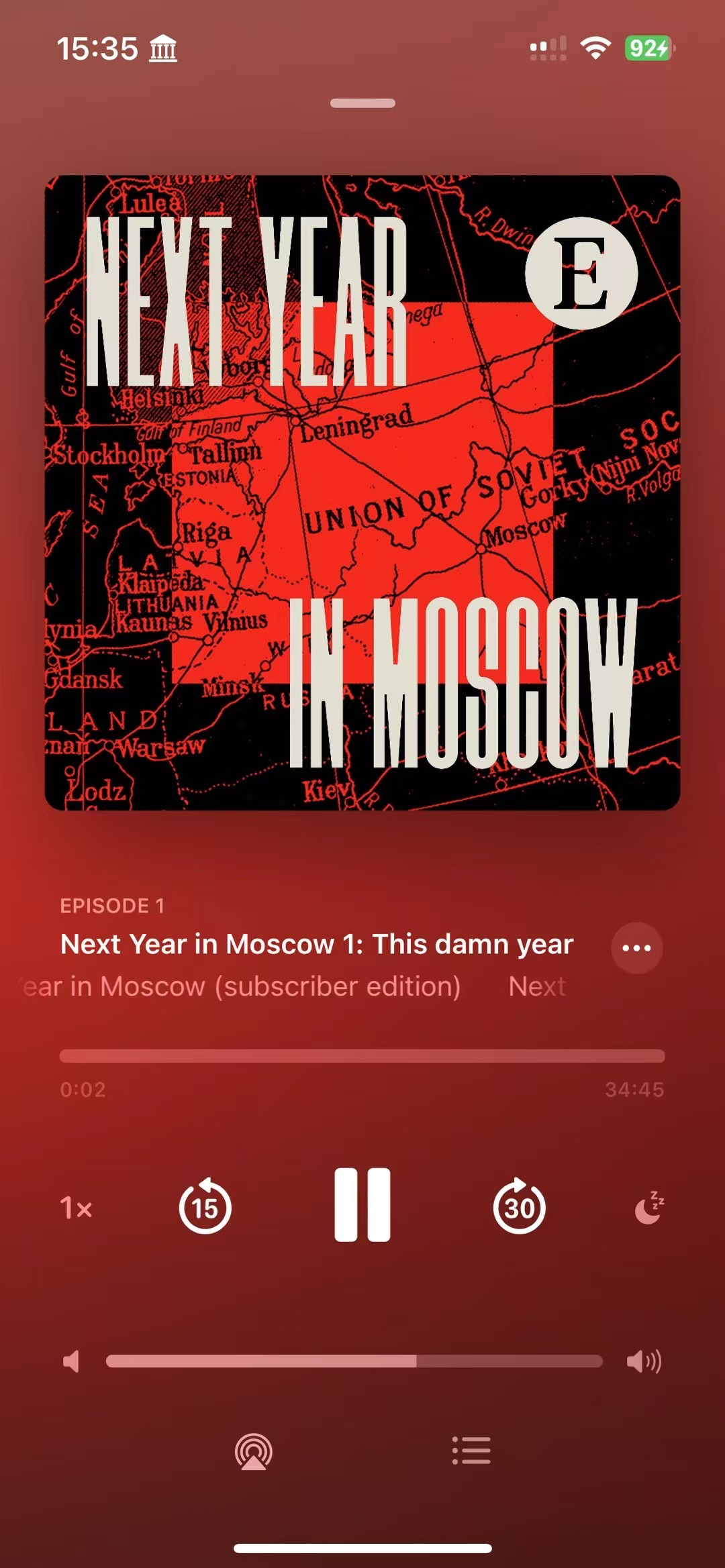
Favorite Article of 2024 ✍️
This is The Economist's coverage of the Out of Eden Walk project. Paul Salopek has been retracing the steps of humanity’s first migration out of Africa on foot (pictured below), and it’s now been 11 years. Along the way, he’s crossed scorching deserts, escaped war zones, witnessed houses swept away by floods, listened to women in Central Asia cry as they shared their stories, walked through Afghan villages celebrating the harvest (where climate change melted snow in the mountains, temporarily increasing water flow but potentially turning the area into a desert in a few years), and strolled through South Korean streets left empty due to unrelenting heat... It’s hard to imagine how someone with such experiences would view human history, conflict, culture, and humanity.
A journalist retraces humanity’s journey out of Africa—on foot | The Economist
